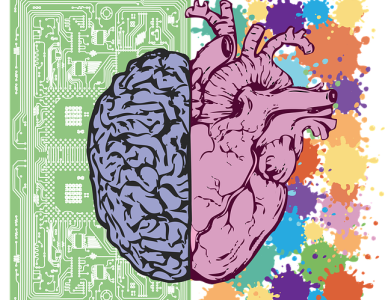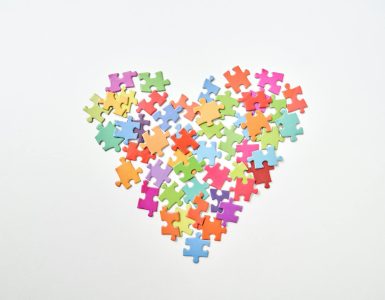When music plays, it’s like opening a door to an emotional rollercoaster. That beat kicks in, and suddenly, the part of your brain that handles emotions—hello, amygdala—starts dancing along. This is why an upbeat track can lift your spirits faster than a double shot of espresso! Feelings of joy, nostalgia, and even sadness can all flow from those notes. It’s as if music has this magical ability to tap into our deepest emotions without saying a single word.

Now, let’s chat about memory. Have you ever heard a song that made you instantly recall your first crush or a family gathering? That’s no coincidence! Music activates the hippocampus, the brain’s memory center, making it the ultimate mnemonic device. It’s like music is the key unlocking our treasure trove of memories.
And it doesn’t stop there! Studies show that music can even boost our cognitive abilities. People exposed to melodies while learning tend to retain information better. Picture this: you’re cramming for an exam, and that classical piece is playing in the background—it’s like having a personal tutor in your ear!
So next time you pop in those earbuds, think about the symphony of effects happening inside your head. Music isn’t just a pastime; it’s a powerful tool that can shape our emotions, enhance our memories, and even sharpen our minds. How cool is that?
The Connection Between Music and Emotions
Music and emotions are intertwined like a tightly woven tapestry. When you listen to a piece, your brain doesn’t just hear the notes; it feels them. That’s because music triggers the release of neurotransmitters like dopamine—the “feel-good” chemical. It’s like your brain is throwing a little party, complete with confetti and happy vibes, simply because you pressed play.
Consider how different genres evoke different feelings. A heart-wrenching ballad might take you on a trip down memory lane, pulling at your heartstrings, while an energetic dance track can make you want to hit the floor and bust a move. It’s almost as if music has the ability to mirror our moods, reflecting what we’re feeling in the moment. And let’s not forget about the nostalgia factor! Hearing a song from your childhood can transport you back to simpler times, making memories wash over you like a warm tide.
How Different Genres Influence Mood and Productivity
Imagine you’re tackling a big work project. You’ve got deadlines looming larger than life, and the pressure’s on. Enter upbeat pop music! The catchy rhythms and positive vibes can give you that extra kick, transforming a dull task into an exhilarating experience—like riding a wave instead of trudging through mud. On the flip side, if you’re trying to write—or dive deep into some introspective thinking—soft classical music might be your best buddy. It’s like wrapping yourself in a cozy blanket of sound, allowing your thoughts to flow freely without distraction.
Then there’s the realm of lo-fi beats; this genre has become the go-to for many students and remote workers. Why? It’s like a gentle nudge to keep you focused without screaming for your attention. Those mellow beats are the background scenery in a movie scene where the protagonist is hard at work—you’re in the zone!
Different genres evoke different feelings; it’s all about aligning your playlist with your goals. Do you need to pump up your energy? Go for rock or electronic. Need to chill out and hone your focus? Jazz or ambient music may be your secret weapon. By understanding how genres blend with your mood, you can craft your own personalized productivity soundtrack, leading you straight to success.























Add comment